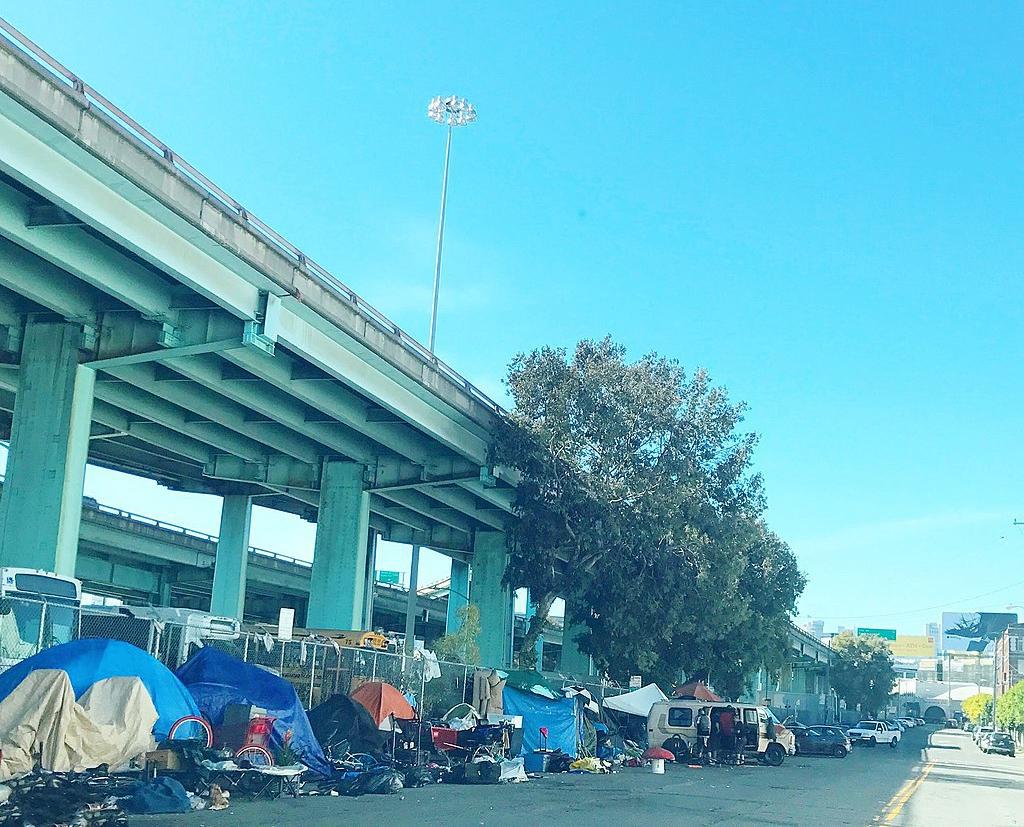San Francisco has seen a downgrading of their outstanding general obligation and appropriation debt from “stable” to “negative” by S&P Global Ratings.
The decision comes as office vacancy in San Francisco hits a record low during the first quarter of the year, pointing to financial challenges the city has yet to recover from since the end of the pandemic.
S&P Claims San Francisco is Struggling to Repay Debt

S&P’s decisions stem from several factors, including a weakness in the real estate market and lower tourism, which have affected the city’s ability to repay debts.
The financial services firm’s move came shortly after it was revealed that office vacancies in the city had reached a staggering 36.6%, according to The San Francisco Chronicle.
Budget Problems for the Golden Gate City

According to experts who spoke with The San Francisco Chronicle, Golden Gate City will also experience a $245 million budget deficit by the end of the next fiscal year.
Projections also surmise the city will experience a further $555 million deficit the following year, meaning that the shortfall could equate to over $1 billion by 2027.
S&P Press Release

During an S&P press release, the financial firm spoke about the challenges that lie ahead for San Francisco.
They said, “Management will be challenged to make the cuts needed to restore it to budgetary balance during the outlook horizon, which could lead to rating pressure if the city’s general fund reserves decline precipitously.”
Habits That Have Been Threatening the Growth of San Francisco

According to a Bloomberg report, crime, work-from-home habits, an increase in the price of real estate, and homelessness have all threatened the city’s growth.
However, they do admit that the S&P’s change in outlook “doesn’t necessarily mean that the credit rating will be adjusted.”
San Francisco’s Reserves Remain Strong

While the negative outlook has financial experts questioning San Francisco’s ability to pay future debts, the city’s reserves remain solid.
However, if the city is forced to drain its reserves, it could drastically affect its credit rating.
S&P suggests Revenue Recovery is Necessary for San Francisco

S&P affirmed the AAA long-term rating it has placed on the city’s impressive general obligation debt.
However, “materially stronger revenue recovery” is needed to avoid a “substantially weaker credit profile,” S&P said.
San Francisco Mayor Aims to Cut Budgets

At the end of last year, San Francisco Mayor London Breed approved over $75 million worth of budget cuts in an attempt to rein in the government’s spending.
At the time, the announcement followed an early directive that proposed “spending reductions of at least 3% from the city’s general fund. San Francisco has an annual budget of about $14.6 billion,” per The San Francisco Chronicle.
San Francisco’s Weak Recovery From Pandemic

Breed’s decision to cut the budget came amid a projection that the budget deficit could exceed $1 billion by the 2027/2028 fiscal year.
San Francisco’s economy largely relies on tax revenue that comes from businesses in its downtown district. Yet, this has had a weak recovery in the wake of the pandemic.
Larger Problems For San Francisco Set to Arise in the Following Year

While Breed and the city leaders managed to close a major deficit in last year’s budget, it heavily relied on one-time money that won’t be available over the next few years.
“Much larger cuts will be needed in the months ahead, and that will require more planning and longer discussions we’ll have with you, your staff, and other City stakeholders,” she wrote at the time.
San Francisco’s Deficit Shouldn’t Surprise Anyone

Last year, the Board of Supervisors budget chair Connie Chan said San Francisco’s ongoing deficit “should not be a surprise to anyone.”
“The question is not about these cuts, but about on whose backs we are balancing this budget,” Chan continued It “disproportionately impacts our most vulnerable and communities of color” before going on to vow to close the shortfall expected during next year’s budget negotiations by fighting for a city spending plan “that serves all San Franciscans, not just its wealthiest.”
San Francisco’s Credit Could Enter into a Downward Spiral

Suppose the San Francisco mayor and government officials fail to get the city’s spending under control and increase their overall net tax revenue. In that case, it may result in a weakened credit score.
As things stand, the state is still struggling to recover financially from the pandemic, and the city center vacancies won’t be filling up anytime soon.
